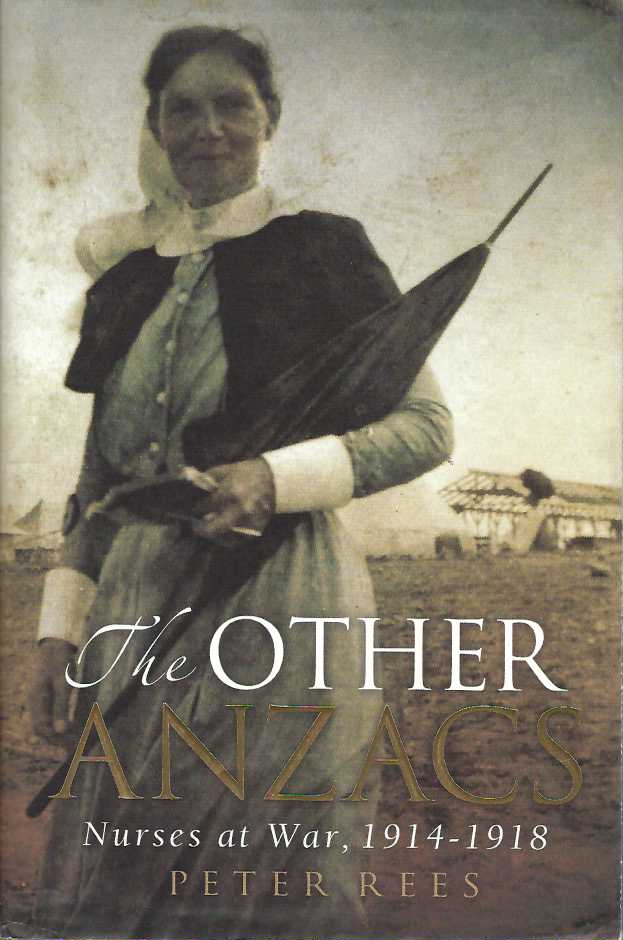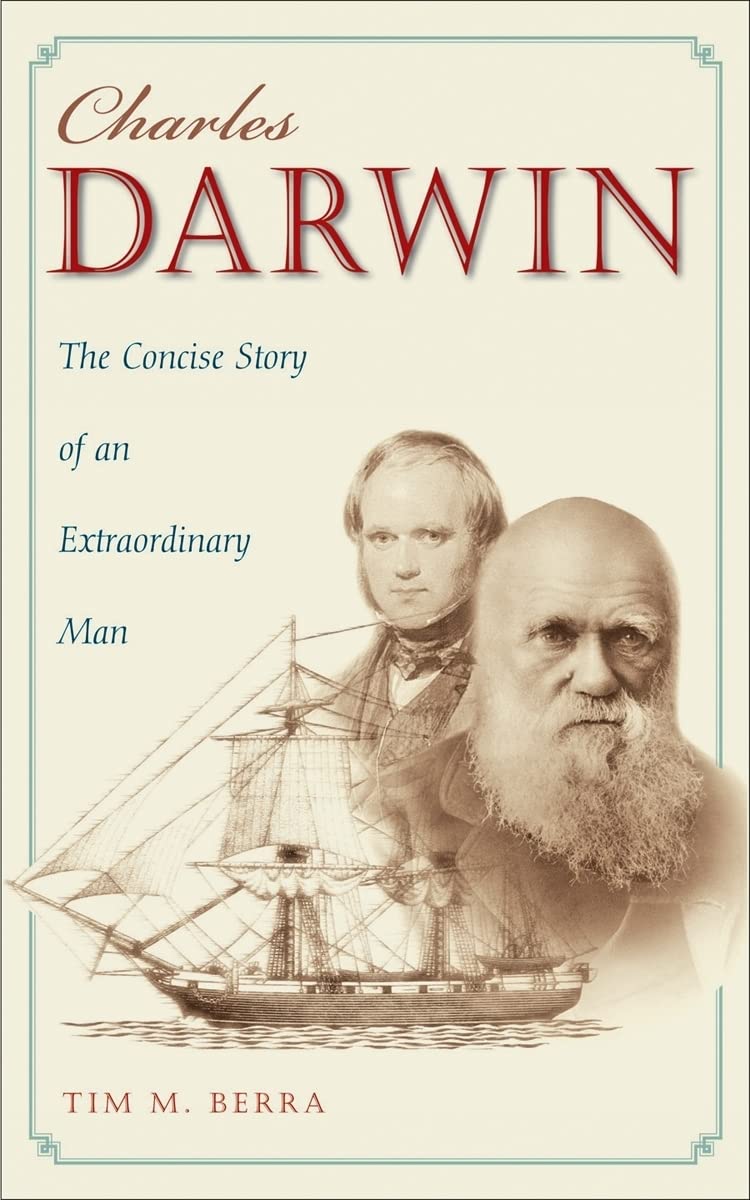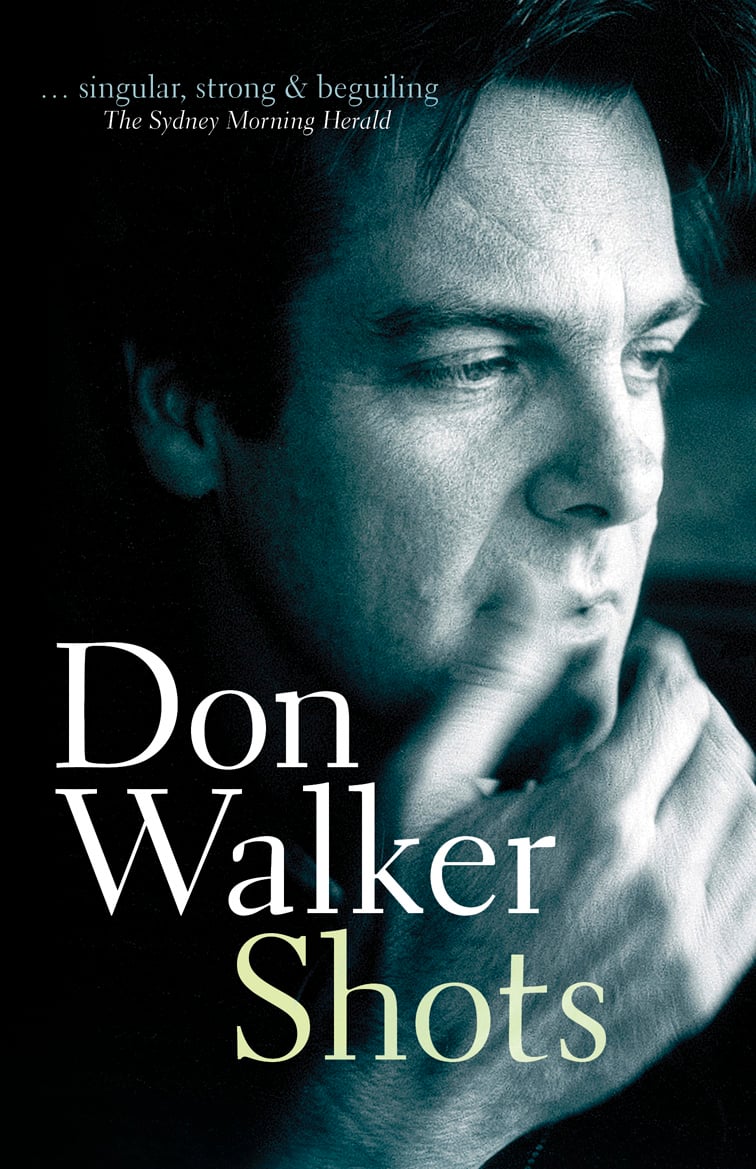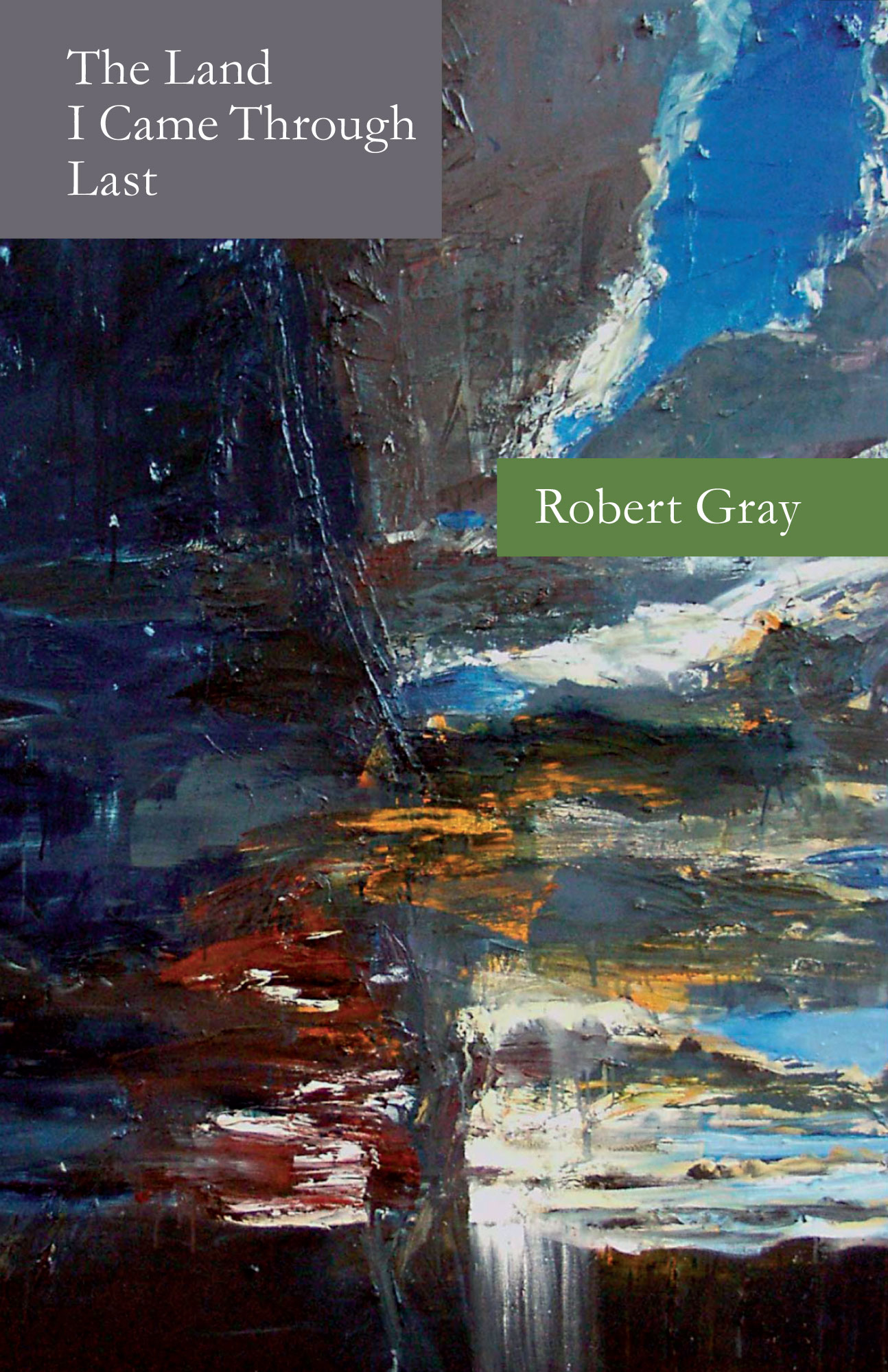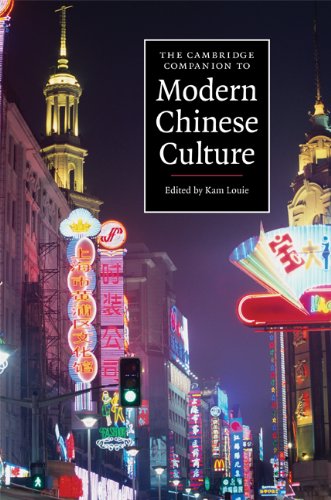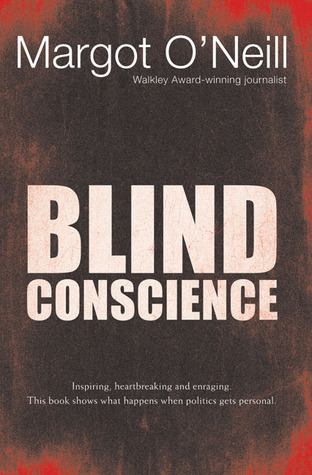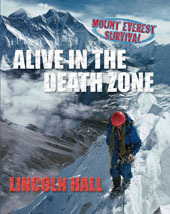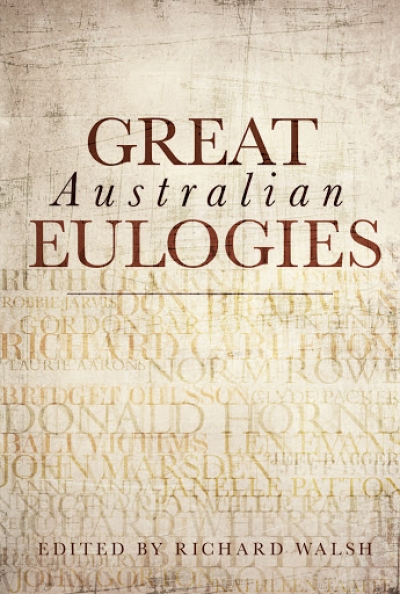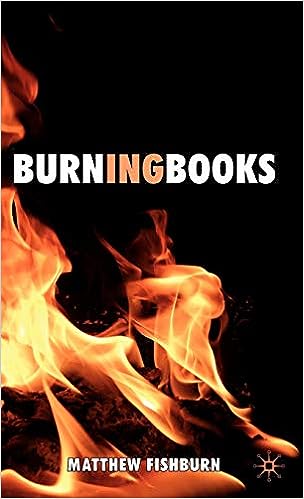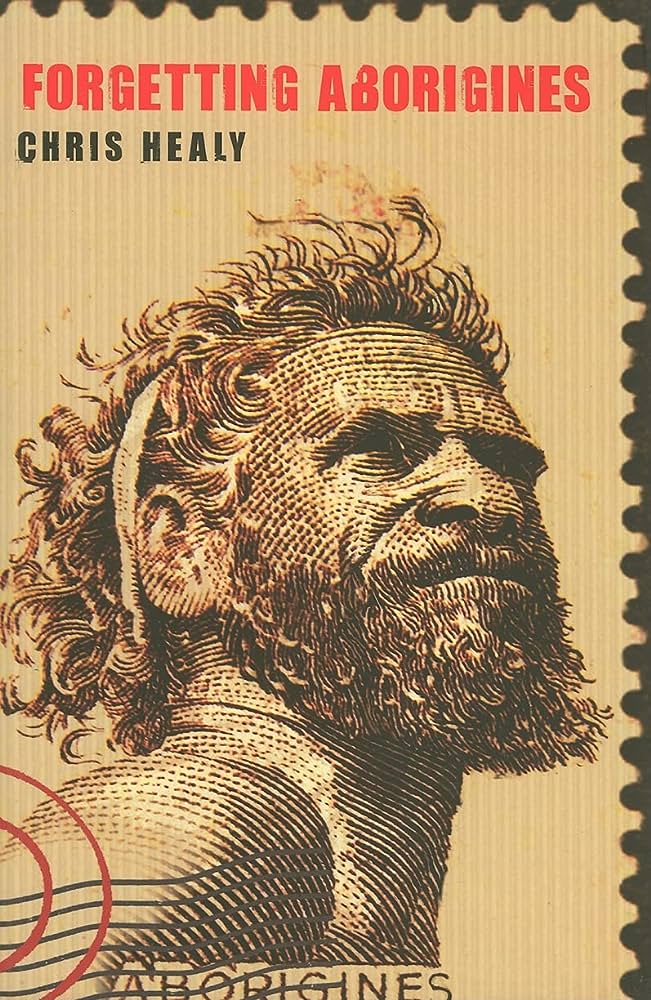Non Fiction
According to Peter Rees’s introduction to The Other Anzacs, ‘at least 2498 nurses’ served overseas with the Australian Army Nursing Service during World War I, with about 720 in other units raised in Britain or privately sponsored. There were ‘at least 610 nurses’ in the New Zealand Army Nursing Service, and perhaps another 100 overseas. The criteria for acceptance were high. Nurses were required to have completed at least three years’ training in an approved hospital, to be aged between twenty-one and forty, and either single or widowed. The rules about marriage, however, were not always strictly observed, and as men sometimes fudged their age and other circumstances to get into the army, occasionally a woman may have disguised her marital status. But once in the Army Nursing Service, marriage usually meant resignation. If a nurse wished to keep working after she married, she had to join one of the private medical or hospital services that had come into being.
... (read more)Charles Darwin by Tim M. Berra & Darwin’s Armada by lain McCalman
‘Read monkeys for pre-existence’ wrote the twenty-nine-year-old Darwin in one of his notebooks, pondering Plato’s assertion that our ‘imaginary ideas’ derive from the pre-existence of the soul. Two years earlier, when HMS Beagle had returned from its circumnavigation of the world, Darwin was still a creationist, albeit one who had entertained doubts. Keen to capitalise on his wide-ranging collection, and to make a name for himself, he arranged for various experts to examine the specimens. Fairly quickly during the ensuing discussions, Darwin realised that his doubts concerning the stability of species were ready to burgeon into a new and disturbingly materialist worldview.
... (read more)Shots, so the media release claims, is written in ‘mesmerising prose.’ Yeah, right! This is the life story of a rock musician they are talking about. I can recall attempting to read one such memoir, a well-meaning present from a friend who might have known better. It was by Ray Manzarek, of The Doors; it was called Light My Fire (1999) and it was completely and utterly awful. Manzarek’s organ may have on occasion swooped and swirled like a graceful albatross, but his prose is as scruffy and unsociable as a giant petrel. After twenty pages, I couldn’t care less whether it was Jim Morrison or Jack the Ripper buried in that Paris graveyard. Now, here I am faced with the journal of another borderline celebrity with too much time on his hands, a keyboardist from an ‘iconic’ rock band to boot. This book could not be anything other than a waste of everyone’s time.
... (read more)As a poet Robert Gray is a magical storyteller. His first poetry collection, Creekwater Journal (1974), marked out his key territory of interest: the small towns, rural communities, landscapes, and people of the New South Wales north coast. Although he has travelled widely and written about other cultures, cities, and characters, his poetry’s richness is still tethered to the textures, talk, and rhythms of his country town childhood. His word pictures immediately transport the reader to another place. The idea that ‘eucalypts are the blue of husky voices’ or the recognition of a long jetty and ‘a few gullmolested fishing boats’ are the images of a beguiling writer.
... (read more)Imagine a street with a neo-Gothic church, a fish and chip shop, and bronze statues of Winston Churchill, Florence Nightingale, and Shakespeare. Someplace in England? No, it’s Thames Town, a satellite on the outskirts of Shanghai. German, Czech, Spanish, Scandinavian and American suburbs are also planned, to cater to the new Chinese middle class, for many of whom, like the Chinese for most of the twentieth century, ‘modern’ equals ‘Western’. Or recall your local Chinatown, with its ‘Chinese’ shops and restaurants, curved roof façades and resident diaspora, many of them convinced that they are preserving the ‘real’ Chinese culture, now lost in the mainland’s twentiethcentury convulsions. How does each of these represent modern Chinese culture?
... (read more)Moral panics, which Stanley Cohen, in Folk Devils and Moral Panics (1972), said involve any group of people who are defined as a threat to societal values and interests, were grist to John Howard’s mill during refugee debates. Applying the classic analysis, his governments were ‘moral entrepreneurs’ who employed scare tactics whenever a perceived threat arose. Asylum seekers and their supporters were ‘folk devils’, outsiders and deviants responsible for the problems placing our values and principles in jeopardy.
... (read more)Alive in the Death Zone by Lincoln Hall & 30 Australian Sports Legends by Loretta Barnard and illustrated by Gregory Rogers
As I sat down to write this review, two news stories jostled for prominence on the ABC’s website. One was the unfolding story of two brothers who were trapped on Mt Cook, New Zealand’s highest mountain. Only one brother would come back (the other fell 500 metres to his death). Lincoln Hall would understand what the brothers went through. Hall is an Australian mountaineer who was, famously or infamously, left for dead at 8700 metres on Mt Everest. Having made the summit, Hall was heading back down with sherpas when he was struck down by an oedema, a brain malfunction caused by oxygen deprivation. His body gave out. Without a pulse or any sign of life, Hall was abandoned on a rocky ledge. (Ten days earlier, an English climber had been left to die on the mountain as others trekked past him. Hall was luckier, but both these events sparked condemnation, including from Sir Edmund Hillary.)
... (read more)Richard Walsh – former OZ co-editor, A&R, ACP and PBL director – has proven again that he has keen eye for what fixates Australians. To be remembered is of course an enduring human obsession, while the ability to send off (or send up) a friend or family member is more often an afterthought, a stepping into the breach.
... (read more)There are many good reasons for destroying books. Not every act of destruction is an attempt to suppress ideas. Publishers pulp excess stocks of unsold titles; booksellers and libraries do it; even you and I do it. You don’t want to keep every school textbook you ever owned, and the nice people down at the Op Shop won’t thank you for dumping your discards on them. Our state and national libraries keep publishers’ deposit copies of every book produced in their jurisdictions – these are copies of last resort. If you attack them, you are attacking the cultural memory of human- kind; if you empty your own book- shelves onto a bonfire, you have merely gone overboard with spring cleaning.
... (read more)Public passion and debate about Australia’s indigenous peoples ebb and flow. During the 1990s, Mabo, Wik, reconciliation and the Stolen Generations dominated public debate for months on end. Indigenous leaders such as Pat and Mick Dodson, Lowitja O’Donohue and Noel Pearson became familiar figures, prodding politicians and the public to remember unfinished business. As the official reconciliation process ground to a halt during the Howard government, Aboriginal issues receded into the background. They re-emerged spectacularly in 2006 with the cataloguing of widespread sexual and physical abuse in remote Aboriginal communities. This was in the lead-up to the government’s Emergency Intervention in the Northern Territory.
... (read more)

